by Andy Patel
As hobbyists it can be hard to see what we can do to help freshwater fish conservation. A number of Associations and Societies already do help to fund Conservation Projects, undertake work with Public Aquaria and even participate in actual Field Projects. But how effective are these efforts and can we improve things? Shoal aims to help us do just that.
Why conserve freshwater fish species?
We rely on the availability of freshwater fish species to maintain and develop our interest in our aquariums. Many of us seek out new and interesting species so that we can take on a new challenge, further our knowledge and gain a better understanding about a particular type or group of fish. But even those of us who are happy to just keep the readily available farmed species need to support conservation of wild stocks. Captive-bred fish can and do steadily decline in vigour through inbreeding, poor culturing practices and the inevitable changes in behaviour due to limited environmental enrichment. Without rejuvenating breeding stock and maintaining genetic diversity captive bred fish become more susceptible to disease and parasites. Farmers know the benefits of maintaining rare breeds and seed banks so that the ability to adapt to changing environmental conditions is not lost. Wild fish are our equivalent and making sure that as many species are conserved as practicable is in our own long-term interest
What are threats to freshwater fish?
There are a number of issues that can affect the survival of fish species. Habitat destruction/disruption can remove vital areas such as spawning grounds, migratory routes and feeding areas. Projects that seek to minimise disruption such as building refuge areas, fishways, even temporary relocation or captive maintenance can help. Pollution from agricultural runoff, untreated waste water and dumping can release toxins that kill species directly, or indirectly. Campaigns to persuade governments to regulate human activities and raise awareness amongst local people can help sustainability both of freshwater habitats and the fi sh that rely on them. Climate change can be of particular significance to fish with restricted habitats, often small species that hobbyists value. Killifish and Anabantoids are just two of many such groups. Lack of knowledge is also a threat. How do we conserve species if we do not know they exist? Hundreds of species are still being discovered, many by hobbyists and the trade that supplies us. Often, they are undescribed by science for a considerable period of time. Invasive species deliberately introduced or escaping from captive environments can outcompete native species. Non-native cichlids and livebearers can be found in almost all tropical and sub-tropical countries. Their reproductive rate often puts them at a competitive advantage over other species. It can seem that the task of conserving fish is too challenging and acting in isolation it possibly is.
How can Shoal help us?
Shoal is bringing together a large number of interested parties to form a partnership, a coalition of all those who are interested in conserving fish. As hobbyists we can work in co-operation with scientists, conservation groups, trade bodies, public aquaria, anglers, non-governmental organisations, local people and more. Together we can achieve more by targeting the projects with the most beneficial outcomes. Small projects and large all have a place, but co-ordination is vital if we are to be effective. By drawing on all sectors to work in partnership Shoal will have the knowledge, understanding and expertise to raise awareness of the serious plight of many freshwater species. Furthermore, it can campaign, raise funds and directly support projects that include the interests of hobbyists.
How can we help Shoal?
Quite simple really, start thinking about freshwater fish conservation in all its forms. Where do my fish come from? Are they ethically and sustainably sourced and do I contribute to better conservation of freshwater fish? Do I think about the local fish populations near my home and how they are affected? Could I do more and how? That is where Shoal can help. As an umbrella organisation it can channel individual concerns and contributions to where they can help most. Freshwater fish share the same bodies of water that humans rely on for irrigation, food source, transportation, leisure and drinking. It makes sense that by contributing to freshwater fish conservation we help not only the fish we love but ourselves as well.
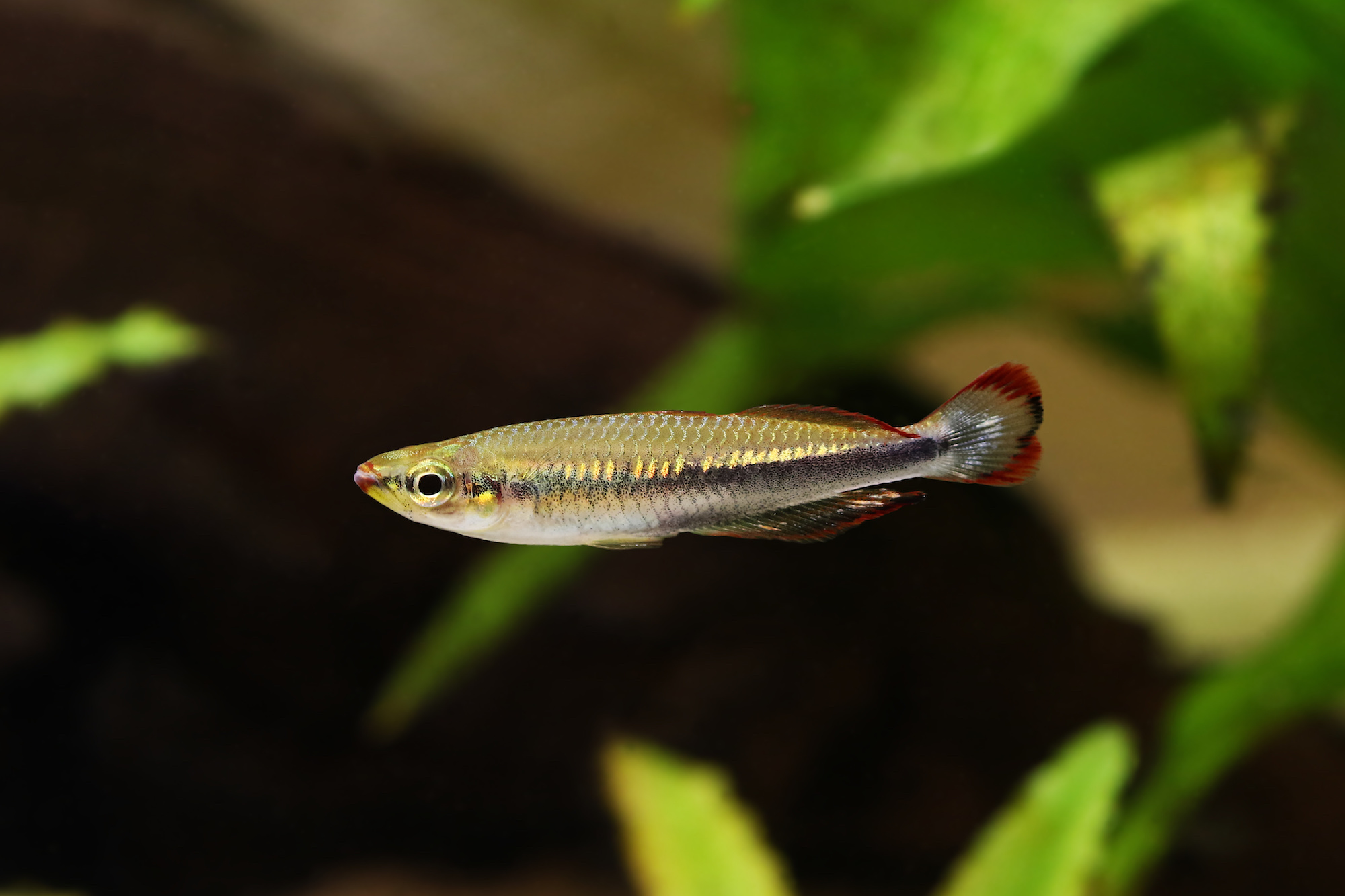
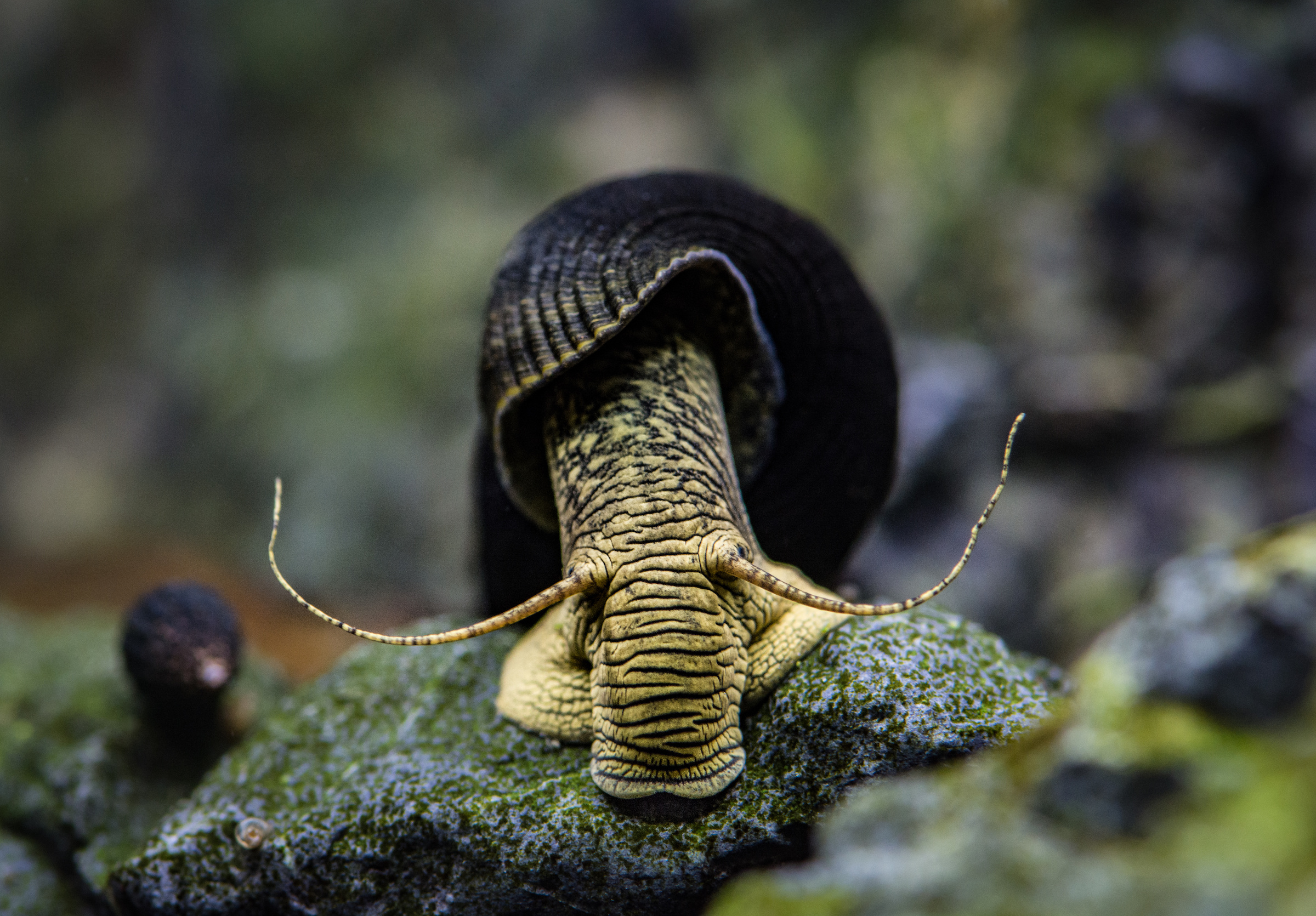
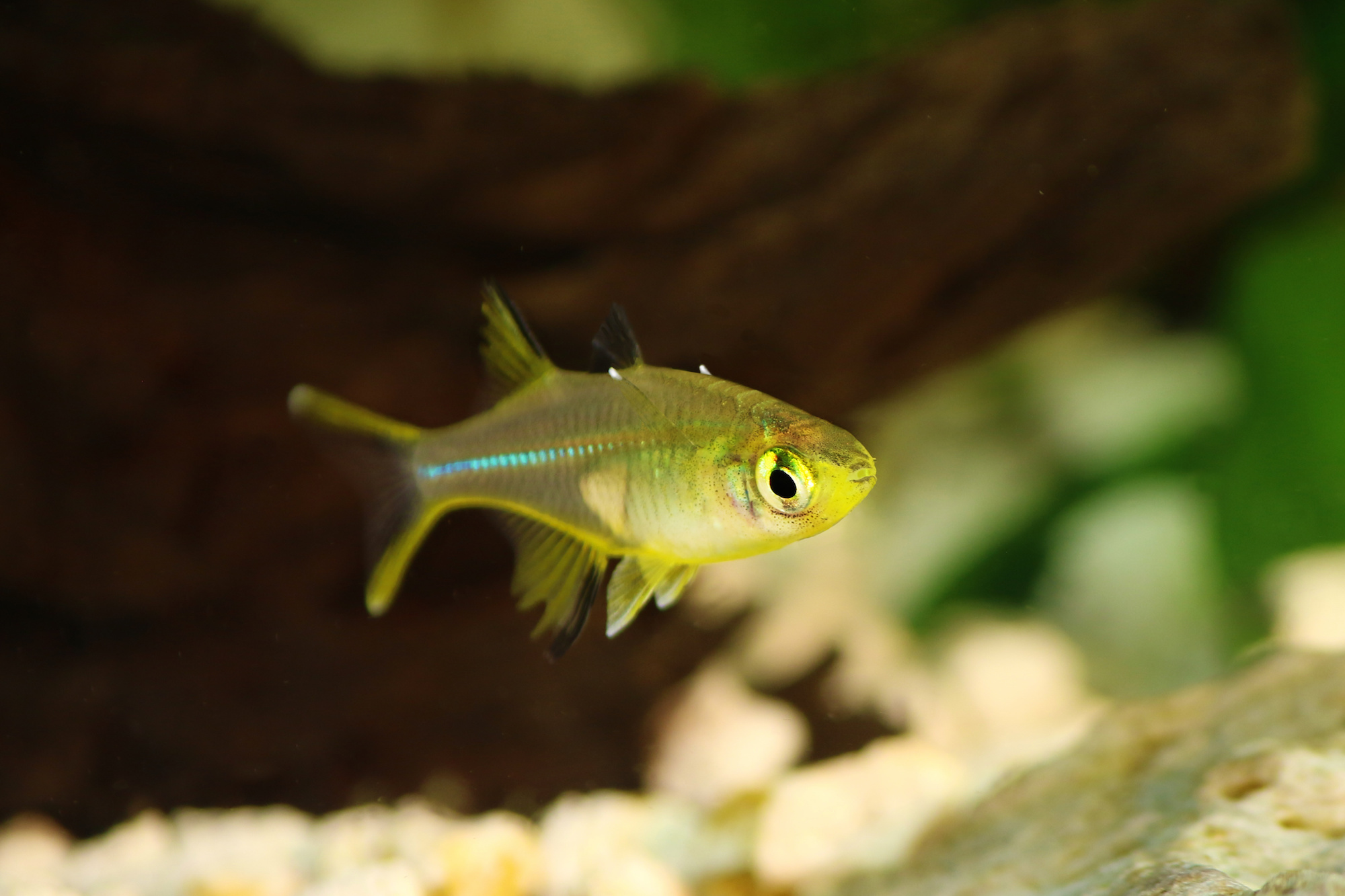
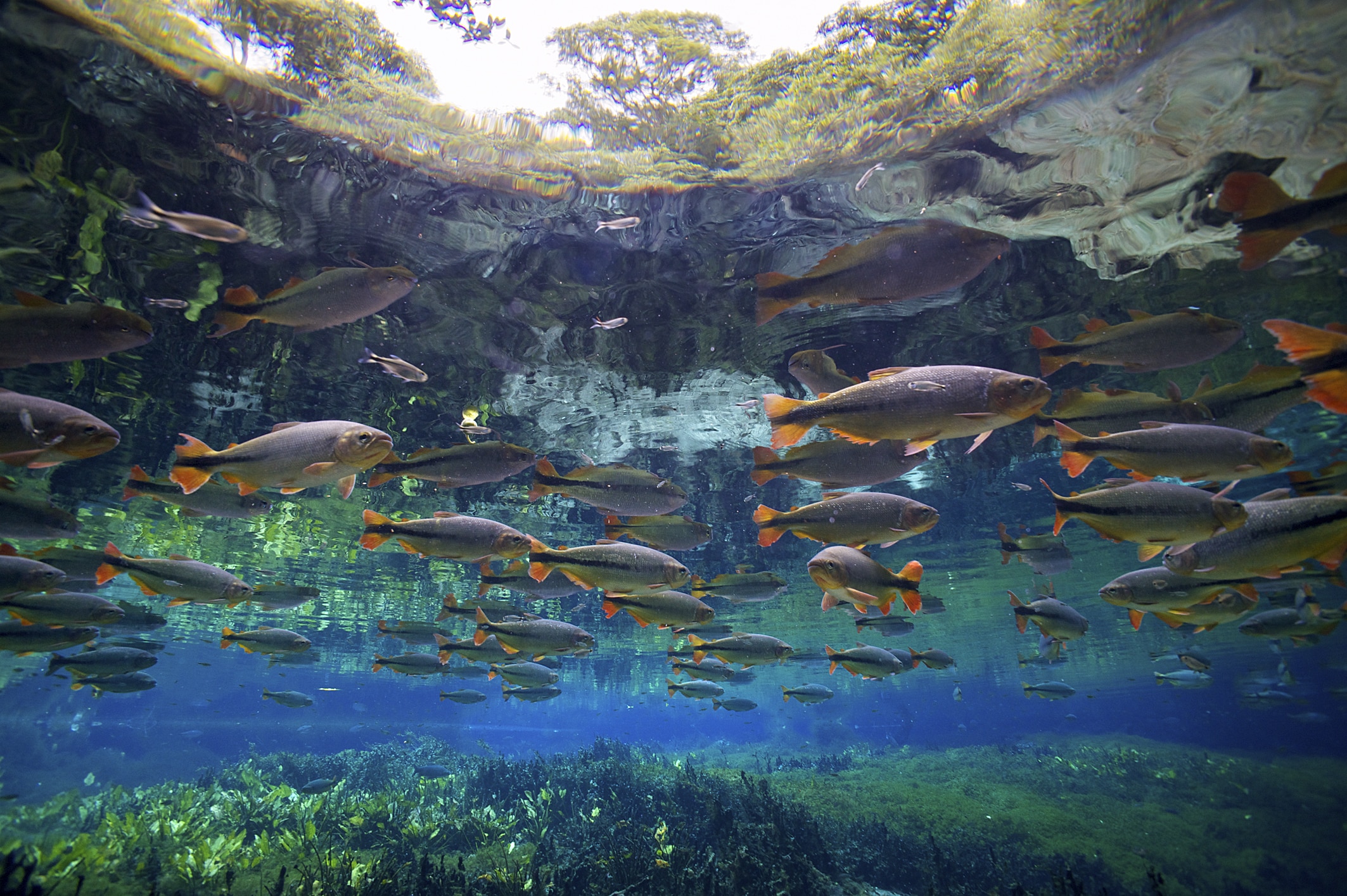
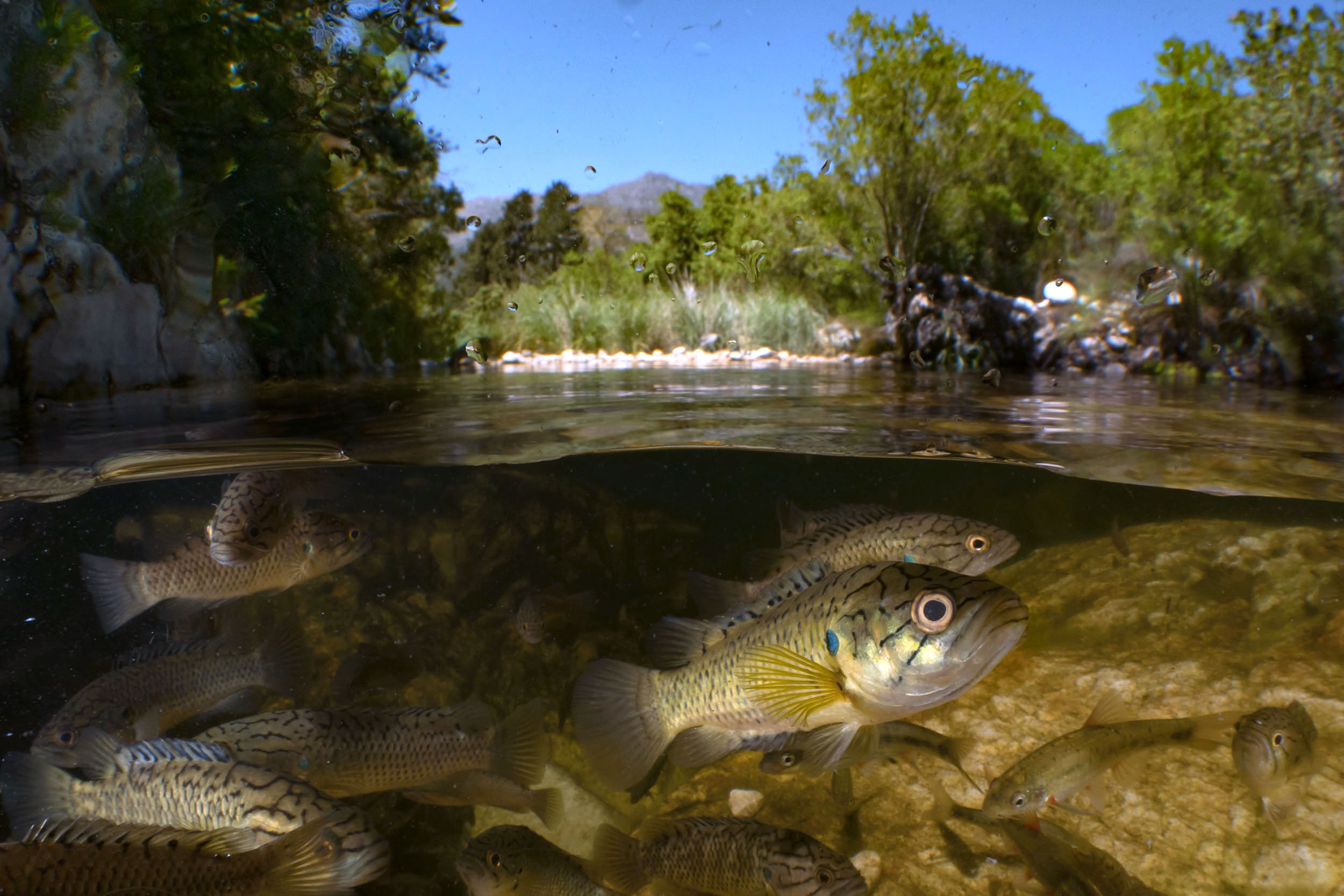
)
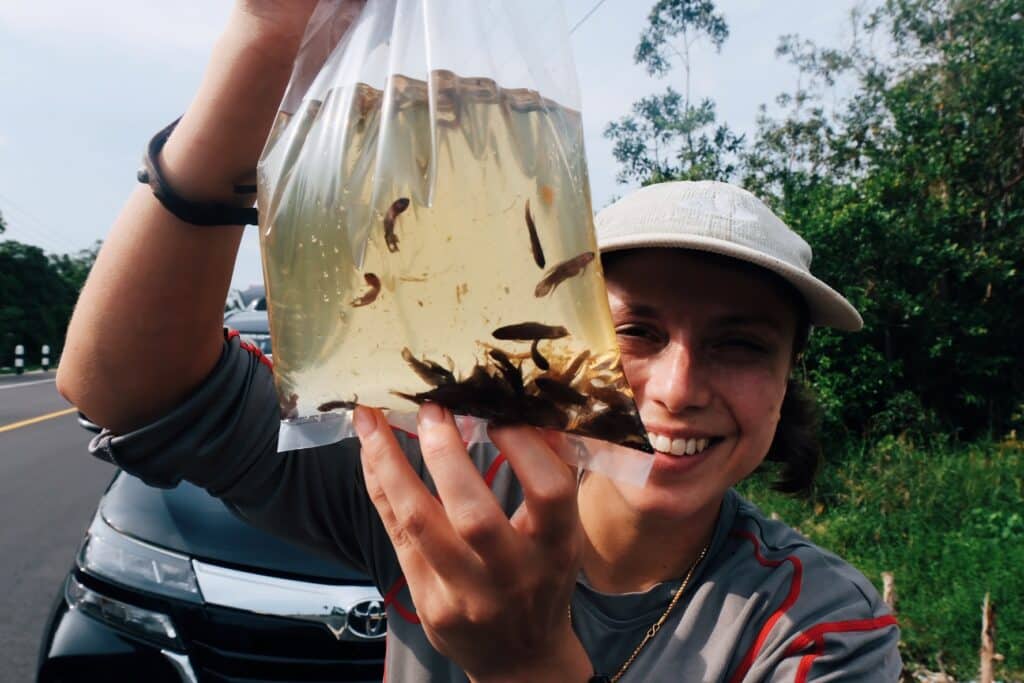)
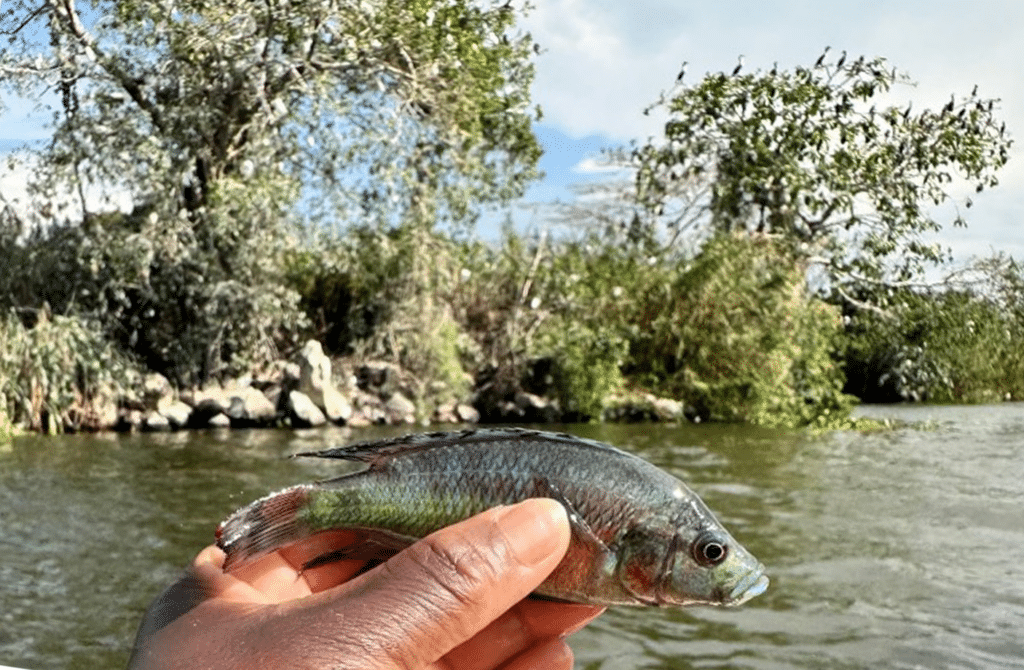)
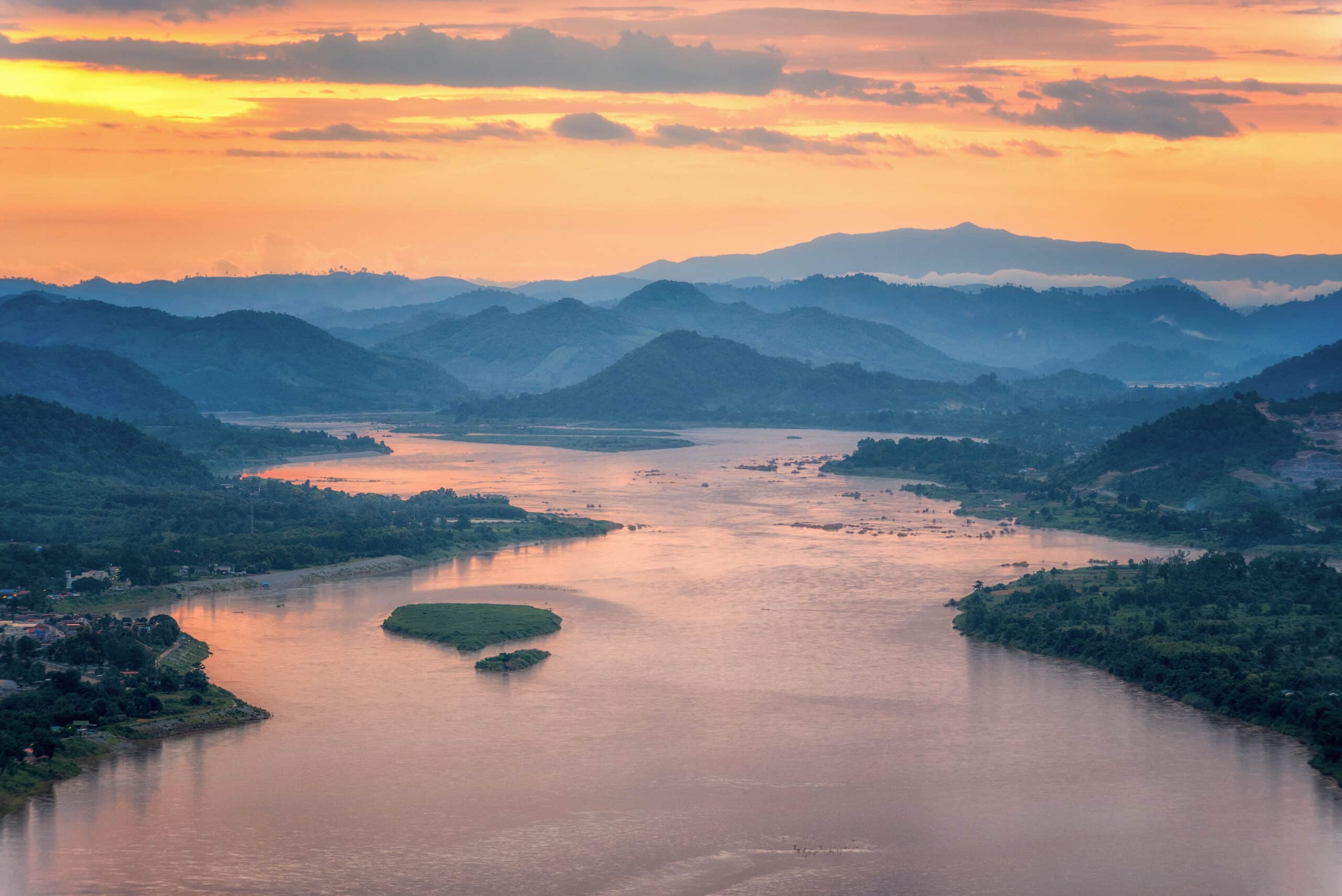
)